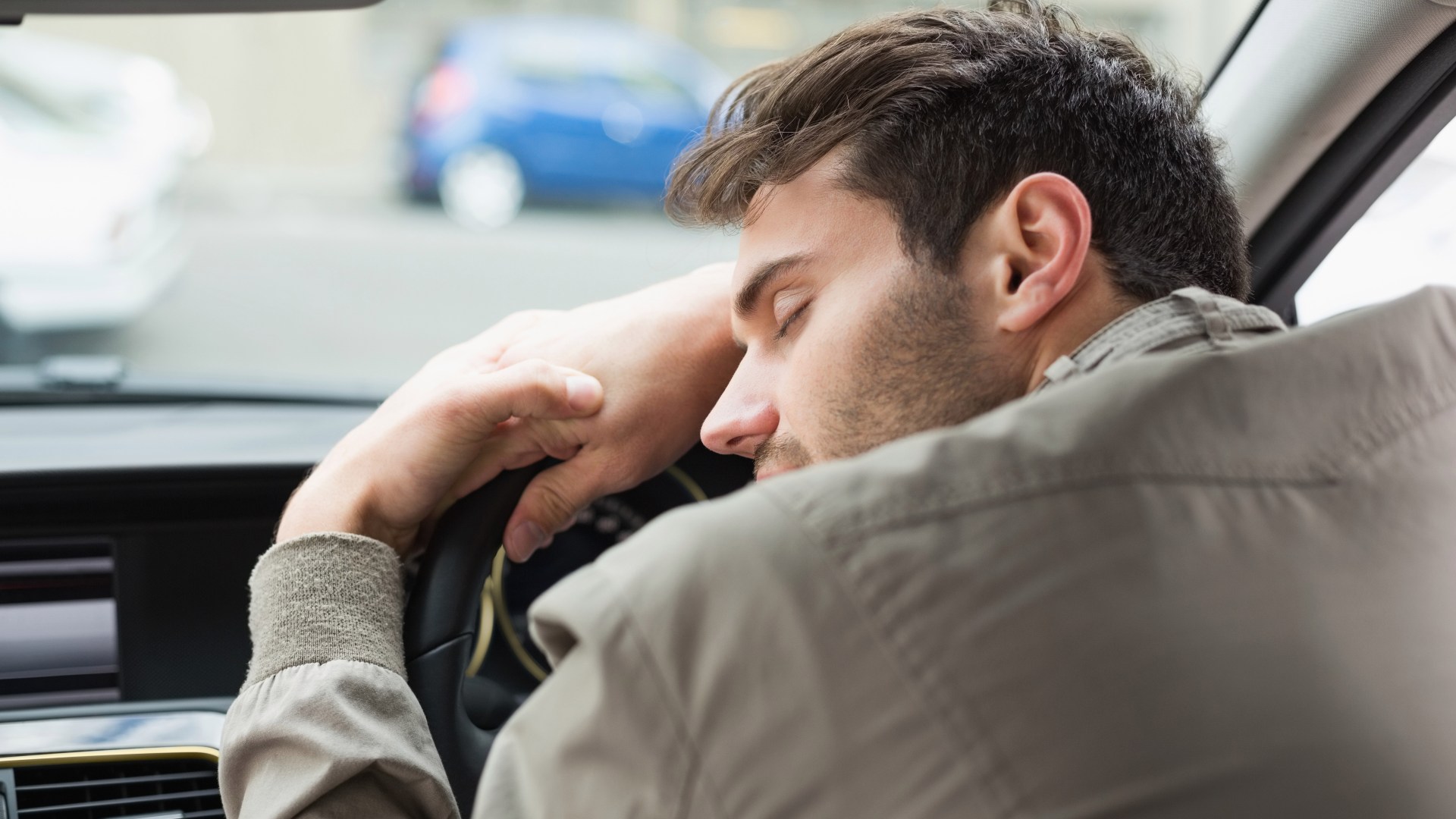Whether driven by economic hardship, road trip fatigue, or unexpected circumstances, sometimes sleeping in your car seems like the only viable option. While New York may not have an explicit statewide law for or against it, multiple local laws and regulations can make car sleeping a legally complicated situation. It’s crucial to familiarize yourself with these factors to avoid unintended legal troubles.
The image of a bustling New York City might make car sleeping seem unlikely, but the reality is more complex. Road trips, delayed flights, economic hardship, or unforeseen situations can make spending a night in your vehicle unavoidable for some. However, it’s crucial to understand that New York State, especially in areas like New York City, has several regulations that can indirectly make sleeping in your car a legal gray area.
Local Regulations: Key Considerations
While no state-level law directly bans sleeping in your car in New York, a combination of local regulations significantly impacts the practice:
- Overnight Parking Restrictions: Many municipalities have ordinances prohibiting overnight parking in designated areas. These can include public streets, parking lots, and residential zones. Be sure to check for posted signs indicating any time limitations or restrictions.
- Vehicle Idling Laws: Leaving your engine idling for an extended time to maintain comfortable temperatures can run afoul of New York’s anti-idling laws. These laws limit idling to a set amount of time to reduce pollution and conserve fuel.
- Time Limits on Parking in One Place: Some towns and cities may have ordinances that limit how long a vehicle can remain parked in one location. These limits aim to prevent abandoned vehicles or long-term parking on public streets.
Sleeping in Your Car While Intoxicated
New York’s Driving While Intoxicated (DWI) laws make the situation even more complex when sleeping in your car involves alcohol consumption.
- “Operating” a Vehicle: New York law prohibits “operating” a motor vehicle while impaired by alcohol. Importantly, “operating” is broader than driving and can include sitting in the driver’s seat with the engine running, even if the car is stationary.
- Potential Consequences: If you are found sleeping in your car while intoxicated, you could face DWI charges, even if you had no intention of driving. These charges carry significant penalties, including fines, license suspension, and potential jail time.
- Factors Influencing Charges: The likelihood of facing DWI charges while sleeping in your car depends on several factors, including:
- Location of keys: Being in the driver’s seat with keys in the ignition increases the likelihood of charges.
- Evidence of recent driving: Signs of recent driving make it harder to argue you weren’t operating the vehicle.
- Intent to drive: Demonstrating you had no intention to drive (e.g., sleeping in the back seat) can help your case.
Practical Tips for Safe and Legal Car Sleeping
If you find yourself needing to sleep in your car, consider these tips to increase safety and minimize the risk of legal issues:
- Choose Your Location Wisely: Research areas less likely to have parking restrictions or attract attention. Rest areas are preferable when available.
- Parking Lots: If opting for a business parking lot, seek 24-hour establishments and park in less visible spots. Getting permission beforehand is ideal.
- Safety Precautions:
- Lock your doors and keep valuables out of sight.
- Slightly crack a window for ventilation, but maintain your security.
- Be aware of your surroundings and trust your instincts if a location feels unsafe.
Alternatives to Car Sleeping in New York
If possible, it’s always safer and often more comfortable to seek alternatives to sleeping in your vehicle. Here are some options:
- Rest Areas: New York State has numerous rest areas along major highways designed for travelers to rest. These typically have a limited timeframe allowed for parking but provide a safer option than parking along unfamiliar roadsides.
- Campgrounds: Consider campgrounds for longer stays. Many offer inexpensive or even free spaces for tent camping, which might be a more secure and comfortable alternative.
- Resources for Housing Insecurity: For those facing housing challenges, car sleeping is often a symptom of a larger problem. Organizations throughout New York offer assistance:
- NYC Department of Homeless Services: (https://www1.nyc.gov/site/dhs/index.page)
- Homeless shelters across the state: Check local listings or directories.
Conclusion
Sleeping in your car in New York requires careful consideration of legal and safety aspects. While not explicitly outlawed in the state, an intersection of local regulations can leave you vulnerable to fines or other consequences. Understanding these complexities and exploring alternatives are critical for ensuring your safety and avoiding legal trouble.
Important Considerations
Always exercise caution and prioritize your safety. If possible, explore the alternative options provided or seek guidance from relevant organizations before sleeping in your car in New York.
Sources
- New York City Ticket Lawyer: Can You Sleep in Your Car in New York?: https://truckingtix.com/news/can-you-sleep-in-your-car-in-new-york/
- DWI Lawyer NY NJ Blog: Sleeping in Your Car While Drunk in New York https://www.dwilawyer-ny-nj.com/blog/sleeping-in-your-car-while-drunk-in-new-york-what-you-should-know/
- Big Frog 104: Is It Legal to Sleep in Your Car in New York? https://bigfrog104.com/is-it-legal-to-sleep-in-your-car-in-new-york/
- New York State Department of Transportation Website (https://www.dot.ny.gov/)
- New York State Vehicle and Traffic Law (VAT) (https://www.nysenate.gov/legislation/laws/VAT)
Disclaimer: This article provides general legal information, not legal advice. If you have specific questions about sleeping in your car in New York, consult with an attorney familiar with local ordinances and relevant laws.



